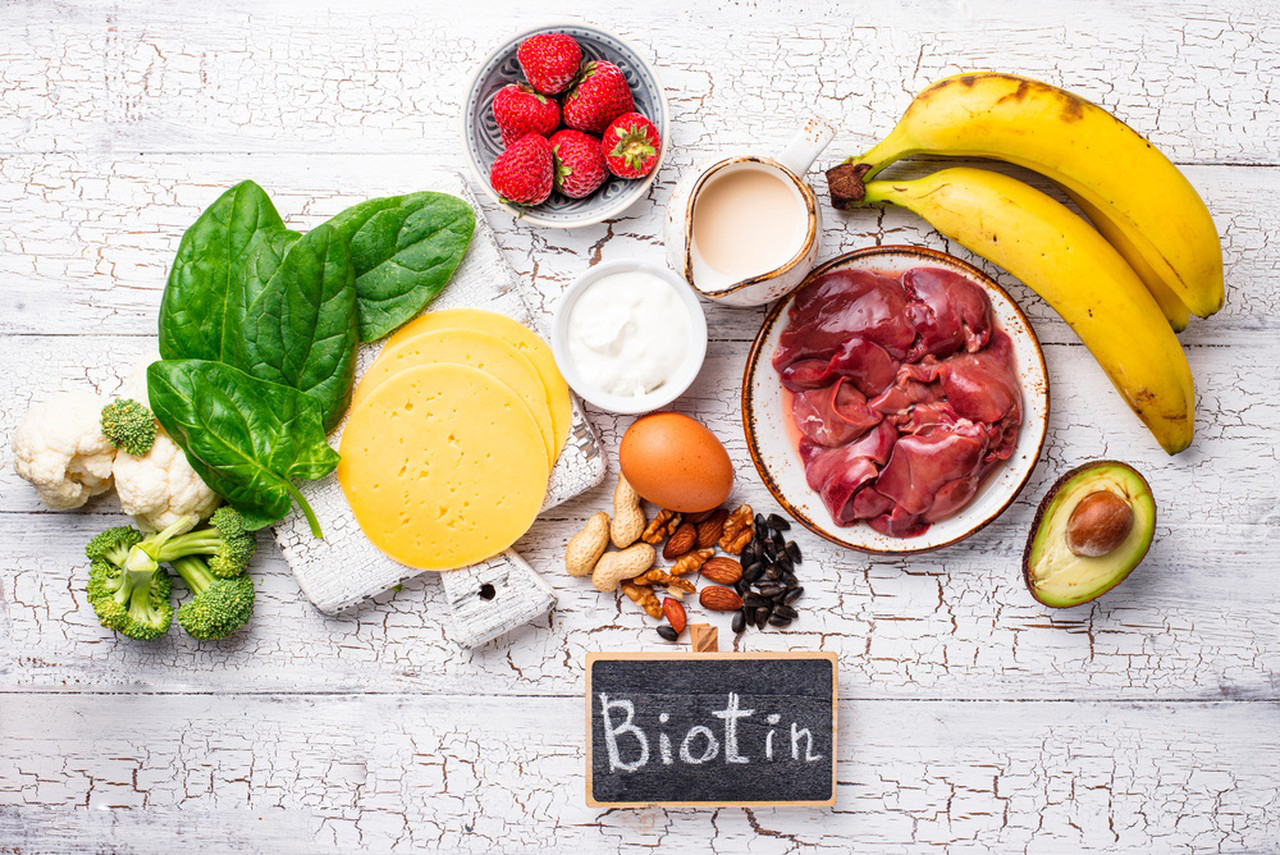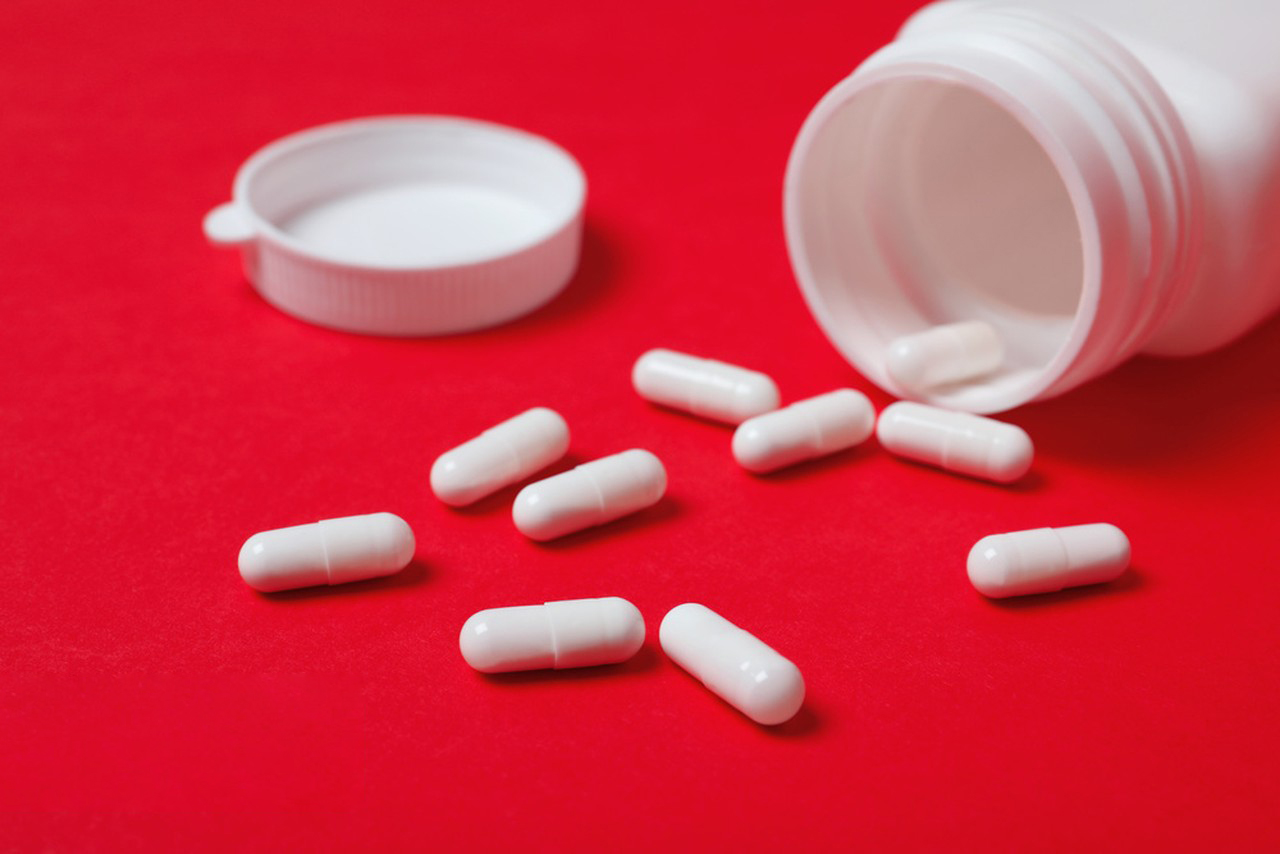Biotin capsules typically contain biotin, which is a water-soluble B-vitamin (B7) that plays a crucial role in various bodily functions, including metabolism, cell growth, and the maintenance of healthy skin, hair, and nails. Below is a general outline of the materials and methods involved in the production of biotin capsules:
Materials of Biotin Capsules:
Biotin powder: This is the active ingredient in the capsules. Biotin powder is typically obtained through extraction or synthesis processes.
Capsule shells: These are usually made of gelatin or vegetarian alternatives such as cellulose or hypromellose.

Excipients: These are inactive ingredients used to fill the capsule and ensure proper encapsulation, stability, and sometimes to aid in absorption. Examples include bulking agents, lubricants, and stabilizers.
Machinery: Equipment such as capsule filling machines, mixers, and encapsulation machines are required for the manufacturing process.
Quality control materials: These include instruments for testing the potency, purity, and quality of the final product.
Methods of Biotin Capsules:
Formulation: The formulation of biotin capsules involves determining the appropriate dosage of biotin per capsule and selecting suitable excipients to aid in capsule formation and stability.
Mixing: Biotin powder is thoroughly mixed with excipients to ensure uniform distribution and proper encapsulation.
Encapsulation: The mixed powder blend is filled into empty capsule shells using capsule filling machines. The filled capsules are then sealed to prevent leakage.
Quality control: Throughout the manufacturing process, quality control measures are implemented to ensure that the capsules meet specifications for potency, purity, and quality. This may involve in-process testing as well as final product testing using various analytical techniques.

Packaging: Once the capsules pass quality control tests, they are packaged into bottles or blister packs for distribution.
Labeling: Labels are applied to the packaging, indicating important information such as the dosage, directions for use, expiration date, and any warnings or precautions.
Storage: Finished biotin capsules are stored under appropriate conditions to maintain their stability and shelf life until they are distributed to consumers.
It’s important to note that specific manufacturing processes may vary depending on the manufacturer and the regulatory requirements of the country in which the capsules are produced. Additionally, quality control measures are crucial to ensure the safety and efficacy of the final product.
